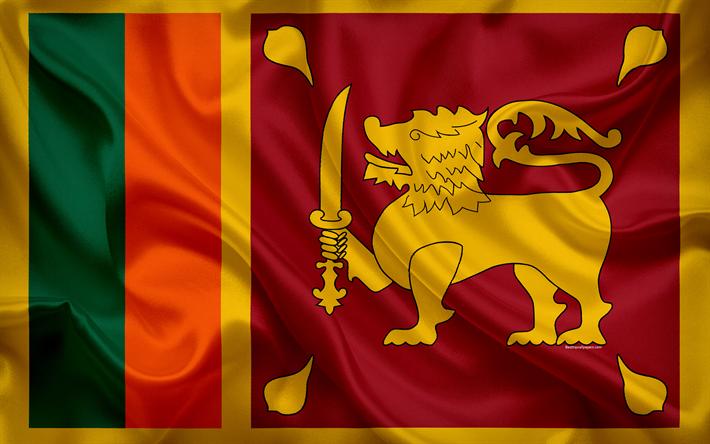Sri Lankan anti-terror authorities interrogate journalist Selvakumar Nilanthan
Sri Lankan authorities should stop harassing journalist Selvakumar Nilanthan and halt any further efforts to interrogate him, the Committee to Protect Journalists said today.
On July 12, officers with the Batticaloa district’s Terrorism Investigation Division, a branch of the Sri Lankan police, interrogated Nilanthan, a freelance Tamil journalist and the secretary of the Batticaloa District Tamil Journalists Association, a local press freedom group, for about three hours, according to the Tamil Guardian, a copy of authorities’ July 10 summons to the journalist, and a tweet by Journalists for Democracy in Sri Lanka, a local human rights group.
Officers questioned Nilanthan about his income sources, and demanded the login details of his Facebook, WhatsApp, email, and bank accounts, according to the Tamil Guardian. They also asked him if he supported the Liberation Tigers of Tamil Eelam, a banned group that the government considers a terrorist organization, according to that report and the human rights group.
Authorities told Nilanthan that he may be summoned for another interrogation, the Tamil Guardian reported. CPJ emailed the Terrorism Investigation Division for comment, but did not receive any reply.
“The interrogation of Sri Lankan journalist Selvakumar Nilanthan—including demands for access to his social media and bank accounts–adds to the pattern of harassment of Tamil members of the press and needs to stop immediately,” said Steven Butler, CPJ’s Asia program coordinator. “Authorities must cease trying to intimidate Nilanthan and allow him and all other Tamil journalists to report freely.”
Nilanthan frequently covers human rights in local news outlets, including Tamil Guardian, battinews.com, Tamilwin, Lankasri, Thamilthandhi, and Thinkakkural, according to CPJ’s review of print articles he has published.
In January 2020, authorities charged Nilanthan under sections of the Sri Lankan penal code pertaining to obstruction of a public officer in discharge of his public functions, defamation, publication of a false report with the intent to cause mutiny, and criminal intimidation in relation to his reporting on alleged government corruption, according to Tamil Guardian and a copy of that charge sheet, which CPJ reviewed.
Each of those charges can carry a prison sentence between three months and two years and a fine beginning at 100 rupees ($0.50), according to the penal code.
Authorities detained Nilanthan from about 10 a.m. to 5:30 p.m. on January 8, 2020, before releasing him on bail in that case, according to news reports and a person familiar with the case, who asked not to be identified due to fear of reprisal by authorities. That case is ongoing and was referred to the attorney general’s office, that person told CPJ.
Also in January 2020, unidentified people circulated leaflets in Batticaloa that said Nilanthan and six other journalists would be “given death punishment” for writing critically about the Sri Lankan government, according to Tamil Guardian and Journalists for Democracy in Sri Lanka.
In November 2020, police in Batticaloa district questioned Nilanthan at his home after he reported on the concerns of Tamil dairy farmers following the growth of military-backed Sinhalese settlements in the district, according to news reports and Journalists for Democracy in Sri Lanka. Ethnic tensions persist between Sinhalese communities, the country’s majority ethnic group and the leaders of its ruling Sri Lankan People’s Front party, and Tamils, after a decades-long civil war that ended in 2009.
During that interrogation, police asked him to disclose the names of his colleagues who had been assigned to that story and the websites that publish his articles, according to those reports.
CPJ emailed U.P.A.D.K.P. Karunanayake, the Deputy Inspector General of the Batticaloa district police, but did not receive any response.
In May 2016, Batticaloa district police also summoned Nilanthan for questioning after he first reported on the Sinhalese settlements, according to a copy of the summons, which CPJ reviewed, and the person familiar with the case.

